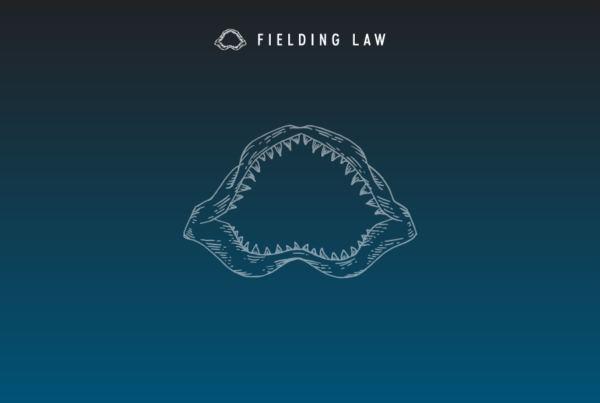Embarking on the journey of in-vitro fertilization (IVF) is often a beacon of hope for individuals and couples seeking to start or expand their families. However, amidst the anticipation and optimism, there lies a complex legal landscape that injury lawyers delve into. Our focus is on shedding light on the intricate challenges surrounding IVF, particularly concerning sperm mix-ups and lost embryos, which can have profound emotional and legal ramifications for those involved.
Exploring IVF Challenges
In the realm of fertility law, few areas are as emotionally charged and legally intricate as the issues arising from IVF procedures. We dive deep into two primary challenges faced by individuals and couples undergoing IVF:
Sperm Mix-Ups:
Sperm mix-ups during IVF procedures can lead to unexpected biological paternity, causing emotional distress and complex legal disputes. If affected by sperm mix-ups you may face issues such as determining parental rights, establishing legal paternity, and seeking compensation for emotional distress and damages.
Lost Embryos:
The loss or misplacement of embryos during IVF treatments can result in significant emotional trauma, as well as questions regarding liability and negligence. If you are dealing with lost embryos you may seek legal recourse to hold responsible parties accountable, address emotional distress, and seek compensation for damages.
Medical Malpractice:
If the sperm mix-up or lost embryo resulted from medical negligence or errors during the IVF process, individuals may have grounds for a medical malpractice claim against the healthcare providers or fertility clinic involved.
Breach of Contract:
Patients undergoing IVF treatments typically enter into contracts with fertility clinics outlining the terms and conditions of the procedures. If the clinic breaches the contract, such as failing to follow specified protocols or mishandling genetic material, individuals may pursue legal action for breach of contract.
Emotional Distress:
The emotional distress caused by sperm mix-ups or lost embryos can be significant. Individuals may seek compensation for emotional suffering, mental anguish, and psychological trauma resulting from these distressing experiences.
Negligence and Personal Injury:
If the actions or inactions of fertility clinic staff or healthcare providers contributed to the sperm mix-up or lost embryo, individuals may pursue negligence claims. This can include failures in proper labeling, storage, or handling of genetic material.
Privacy Violations:
In cases where sperm mix-ups or lost embryos lead to breaches of privacy or confidentiality, individuals may explore legal avenues related to privacy violations and seek damages for the unauthorized disclosure of sensitive information.
Wrongful Birth or Wrongful Life:
In certain circumstances, parents may pursue wrongful birth or wrongful life claims if the IVF-related errors result in the birth of a child with genetic defects or other significant challenges that could have been prevented.
Consumer Protection Laws:
Depending on the jurisdiction and specific circumstances, consumer protection laws may come into play if fertility clinics engage in deceptive practices, false advertising, or other unethical behavior related to IVF procedures.
It is important for individuals affected by IVF challenges to consult with experienced fertility law attorneys who can assess their unique situation, identify potential legal claims, and guide them through the legal process to seek appropriate remedies and justice.
The Right Connections
At Fielding Law, we recognize that IVF legal challenges require a comprehensive and collaborative approach. We work closely with our esteemed colleagues in fertility law to connect individuals and couples affected by IVF complications. Our network of experienced attorneys ensures that each client receives tailored legal solutions and empathetic support throughout their IVF legal journey. If you are facing IVF legal challenges, do not hesitate to reach out to Fielding Law or 833.88.SHARK for a consultation.
Note: Information provided is for educational purposes and does not constitute legal advice. Always consult with a qualified attorney for legal concerns.





